Your app pings: you’re next up at the ‘smart bar’. You finish your coffee and saunter over, feeling slightly smug you’ve jumped the queue of people who turned up on spec. You stare at a guy at the next table miming the actions of a rally driver, until you realise he’s wearing VR goggles and is virtually test-driving the brand’s new car.
At the ‘bar’ you draw out your phone and open the app that mirrors the infotainment screen of your car parked in the shopping centre’s basement. A brand ‘scholar’ walks you through the latest update, indicating the extra range and new features. You agree to the terms and your car is updated via secure wi-fi. You leave, realising that you haven’t been pressured to spend any money.
This vision of the future of car retailing has been created from a range of expert views. Whether it will become reality is yet to be determined, but what’s clear is that our physical interaction with dealers is going to alter dramatically as car makers look to shake up an area of business that has resisted change for years.
Volvo first signalled it wanted a completely different approach in March, when it announced plans to switch sales to online-only by 2030 (also the date it will go electric-only). The Swedish brand said it wanted “transparent pricing” and promised to “radically simplify the process for signing up for an electric Volvo”.
Volvo made it clear, however, that buying online didn’t mean junking its existing physical showrooms. Even Tesla, that pioneer of the online car sale, has concluded that it can’t grow sales without also expanding the number of centres where buyers can interact with a car and speak to a human being. After toying with the idea of ditching stores altogether in 2019, Tesla said earlier this year it had expanded its European network by a third last year to 161, of which 25 are in the UK.
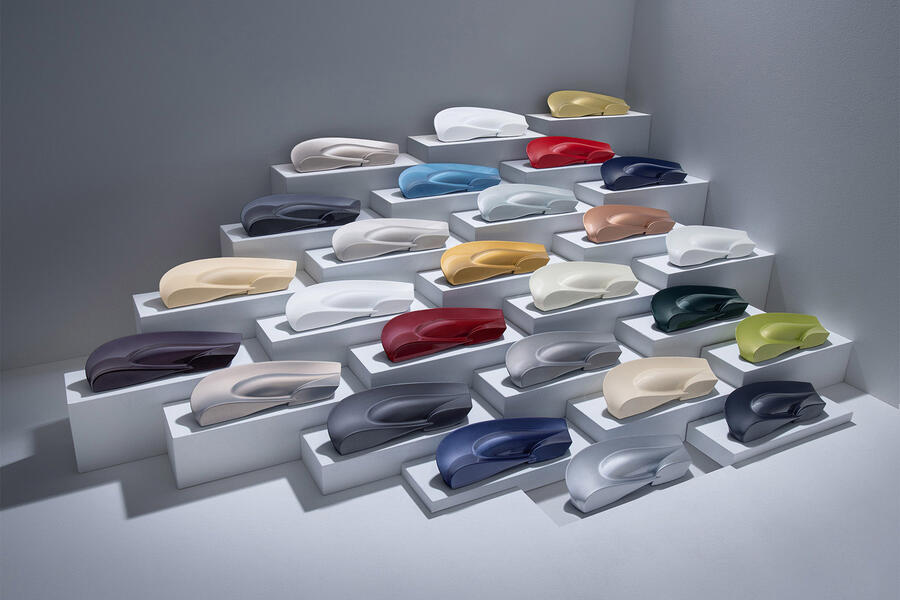

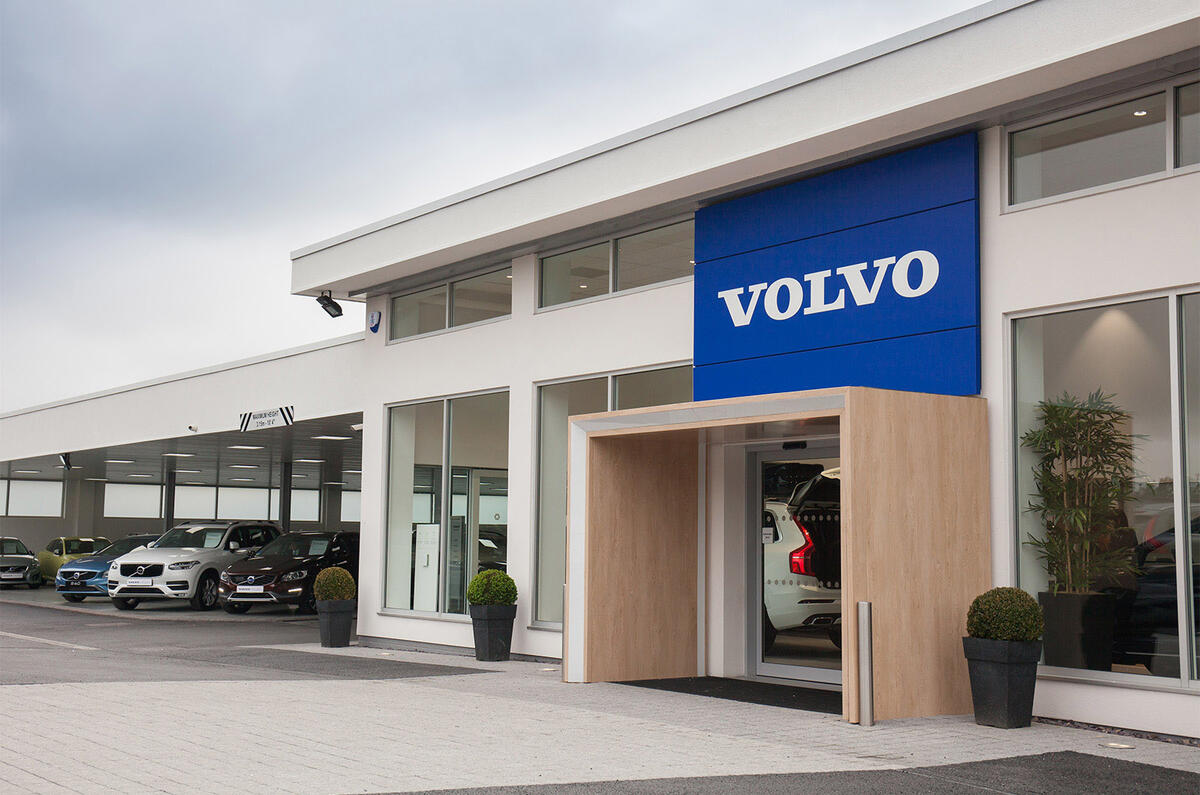
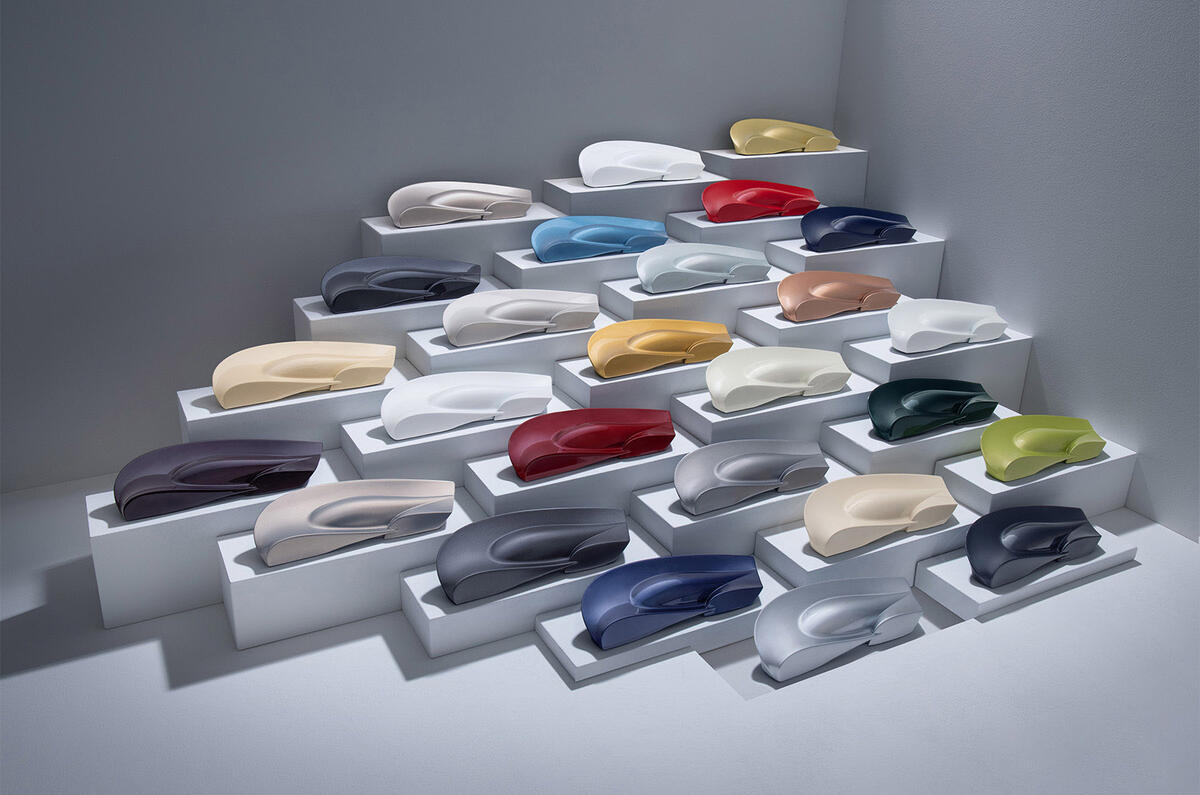
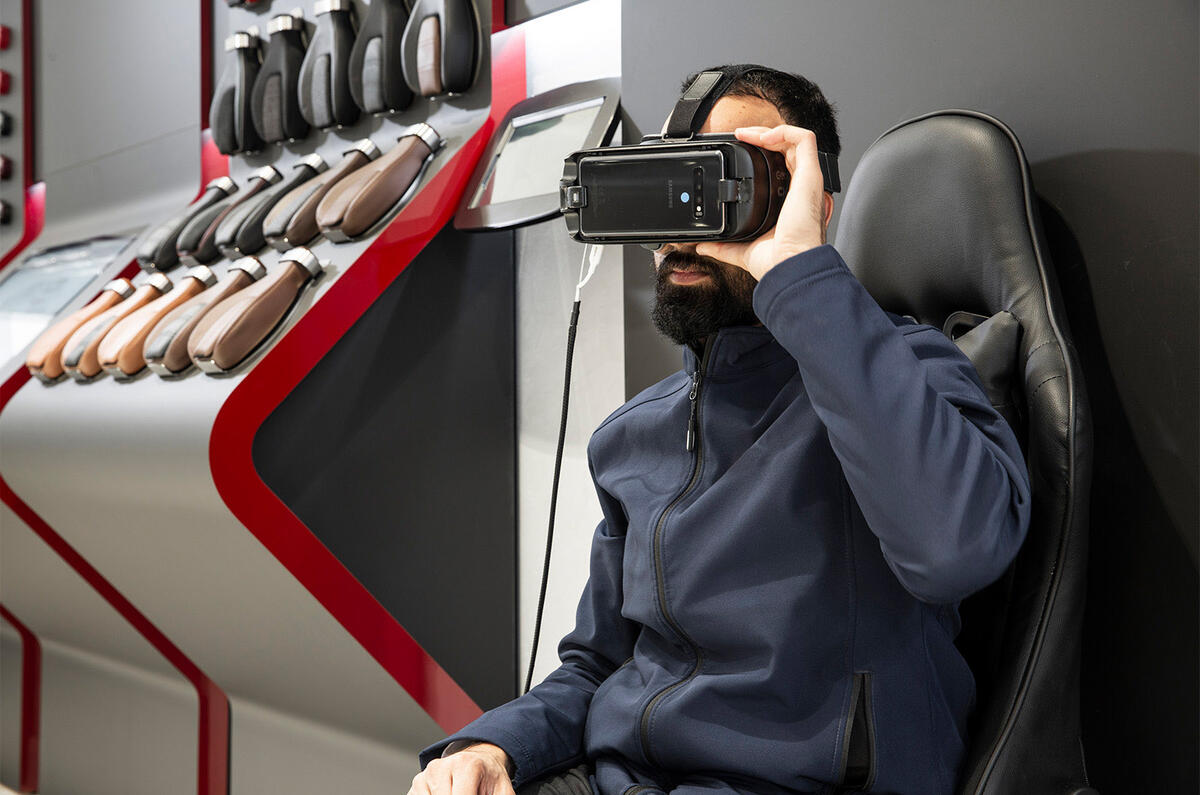




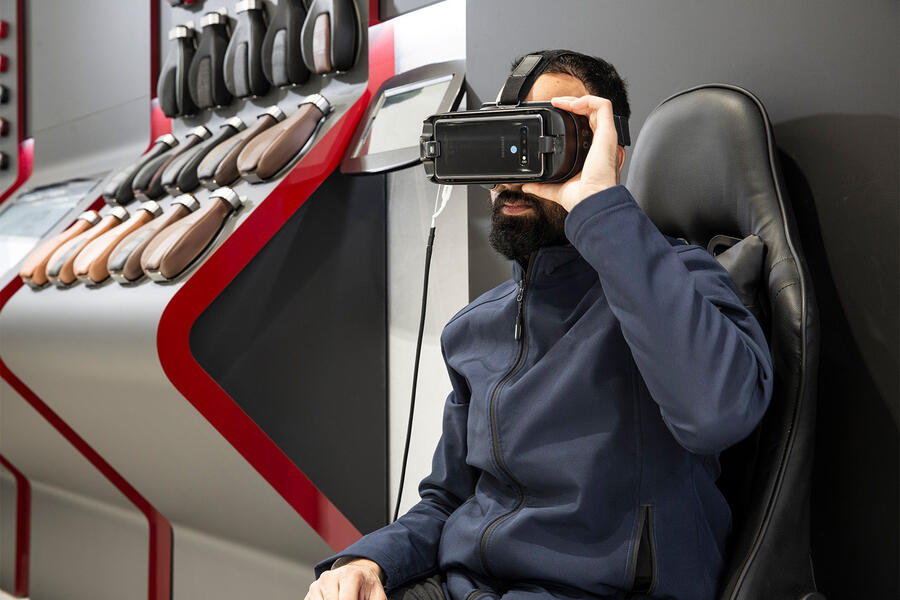

Join the debate
Add your comment
This is my vision of hell.
Let's be honest this has nothing to do with giving customers what they want it is just about increasing profits for car companies (although I don't think it will actually work in the long term).
There have always been two types of car sales, trade (company cars and the like) and private. It has always been the responsibility of the private buyer to get as much discount from the list price as possible in order to avoid getting stung to pay for the large trade discount sales of the manufacturers looking to increase volume and hence maximise economies of scale.
At times, trade sales have been at up to 50% discount on list from the likes of Ford and Vauxhall while, with careful and diligent haggling, the private buyer has maybe been able to get 10-25% discounts. Those that don't haggle now, are paying the vast majority of company car discounts and manufacturer profits.
Online selling with fixed pricing will only affect the private buyer, trade sales will still attract large volume discounts. It will also stiffen up used car prices for private buyers, so all avenues to cheaper motoring will be closed off, unless you are fortunate enough to have access to a company supplied vehicle.
This will effectively dissuade many private buyers from changing their cars (which may be to the good of the environment), leading to reduced sales volumes and limited used car supply. which will inevitably mean lower overall sales and fewer car manufacturers.